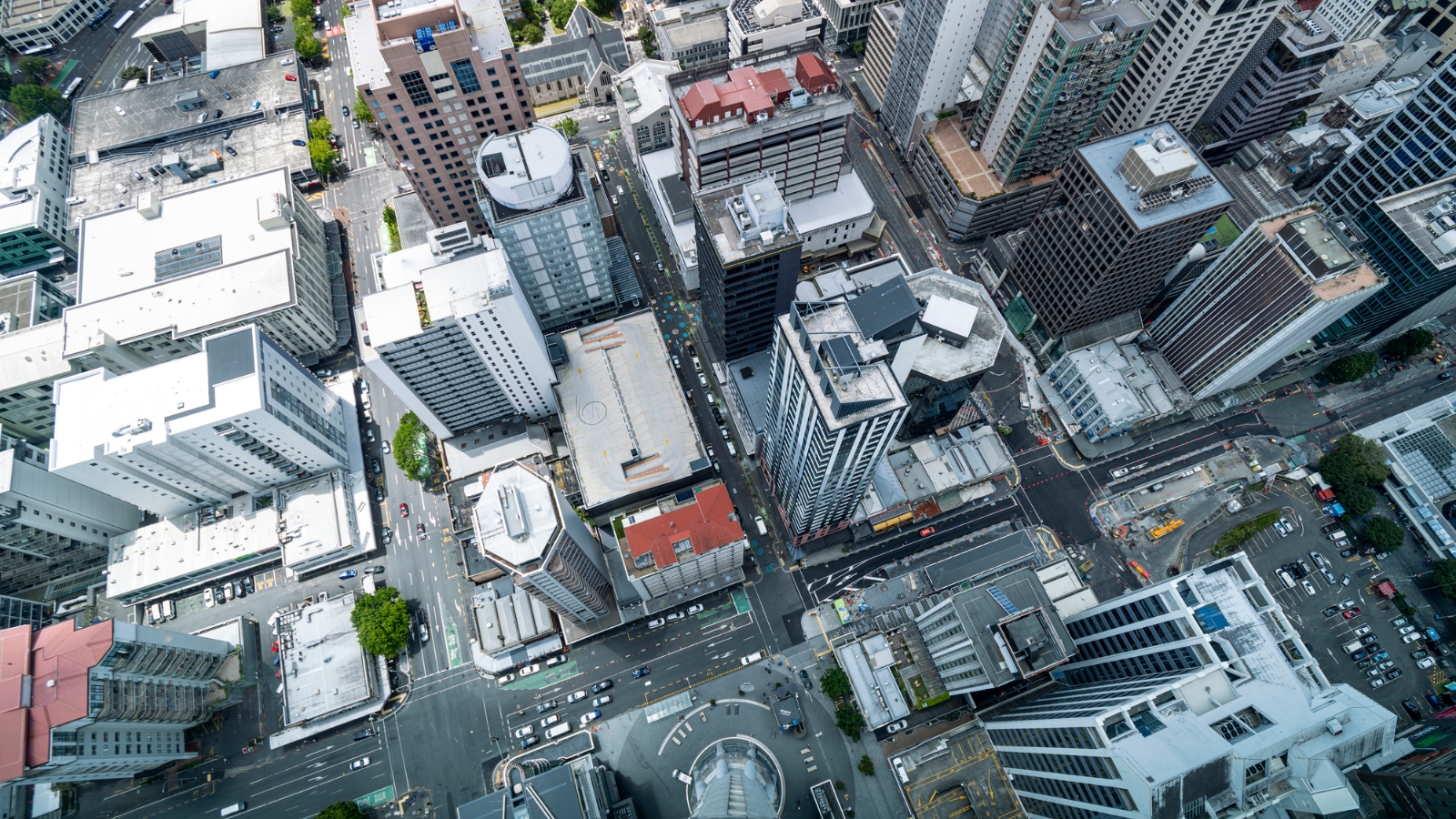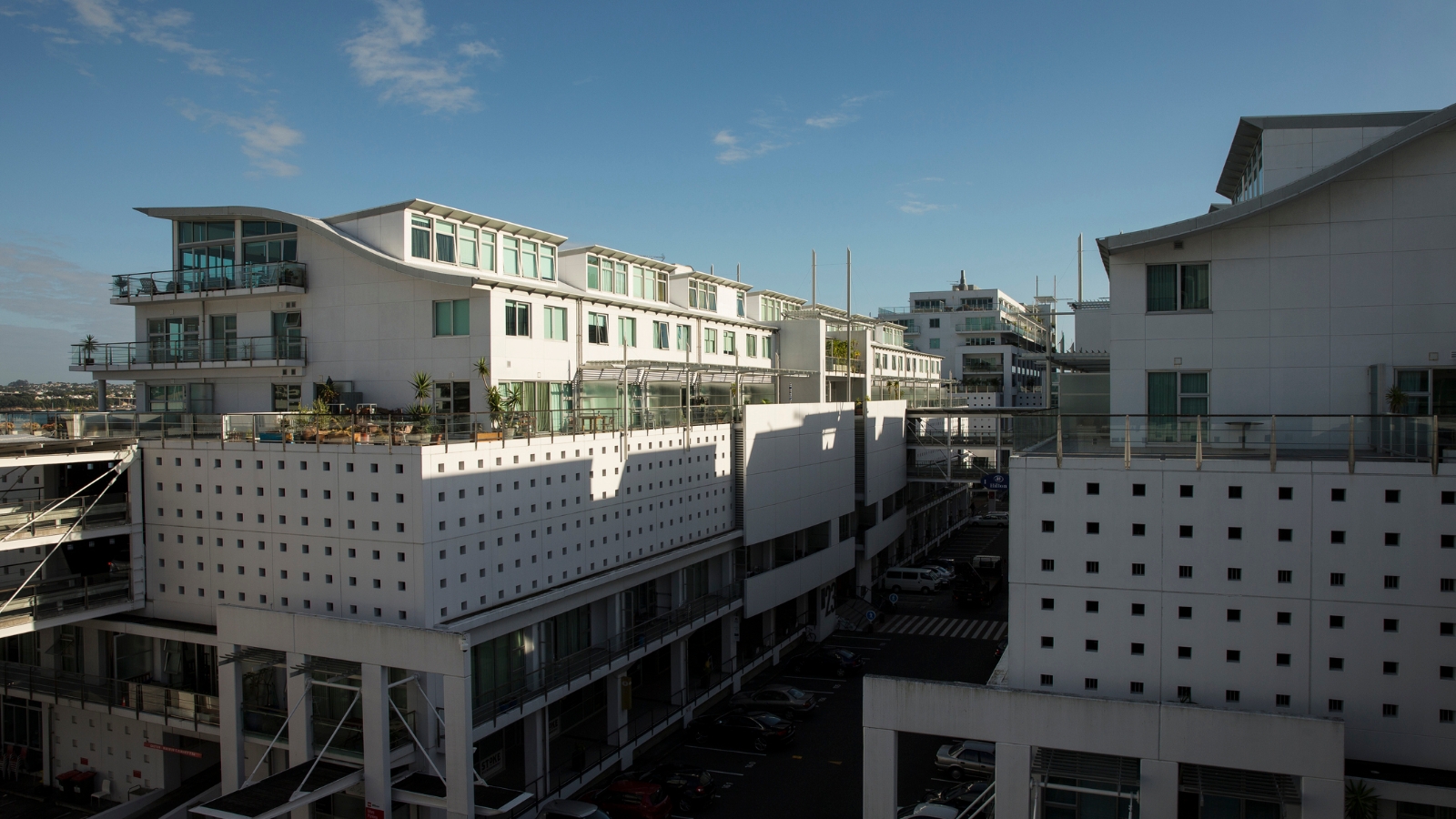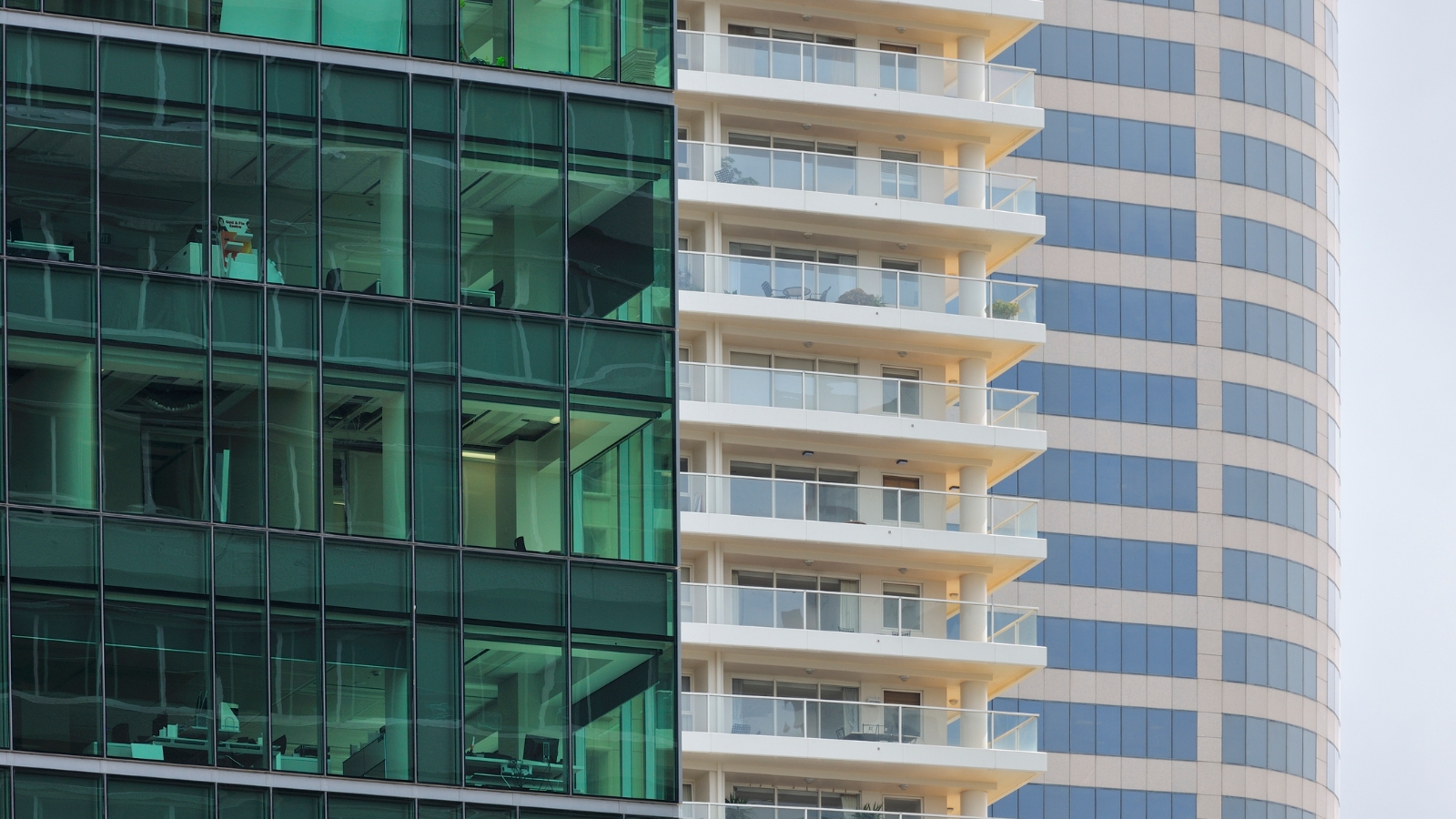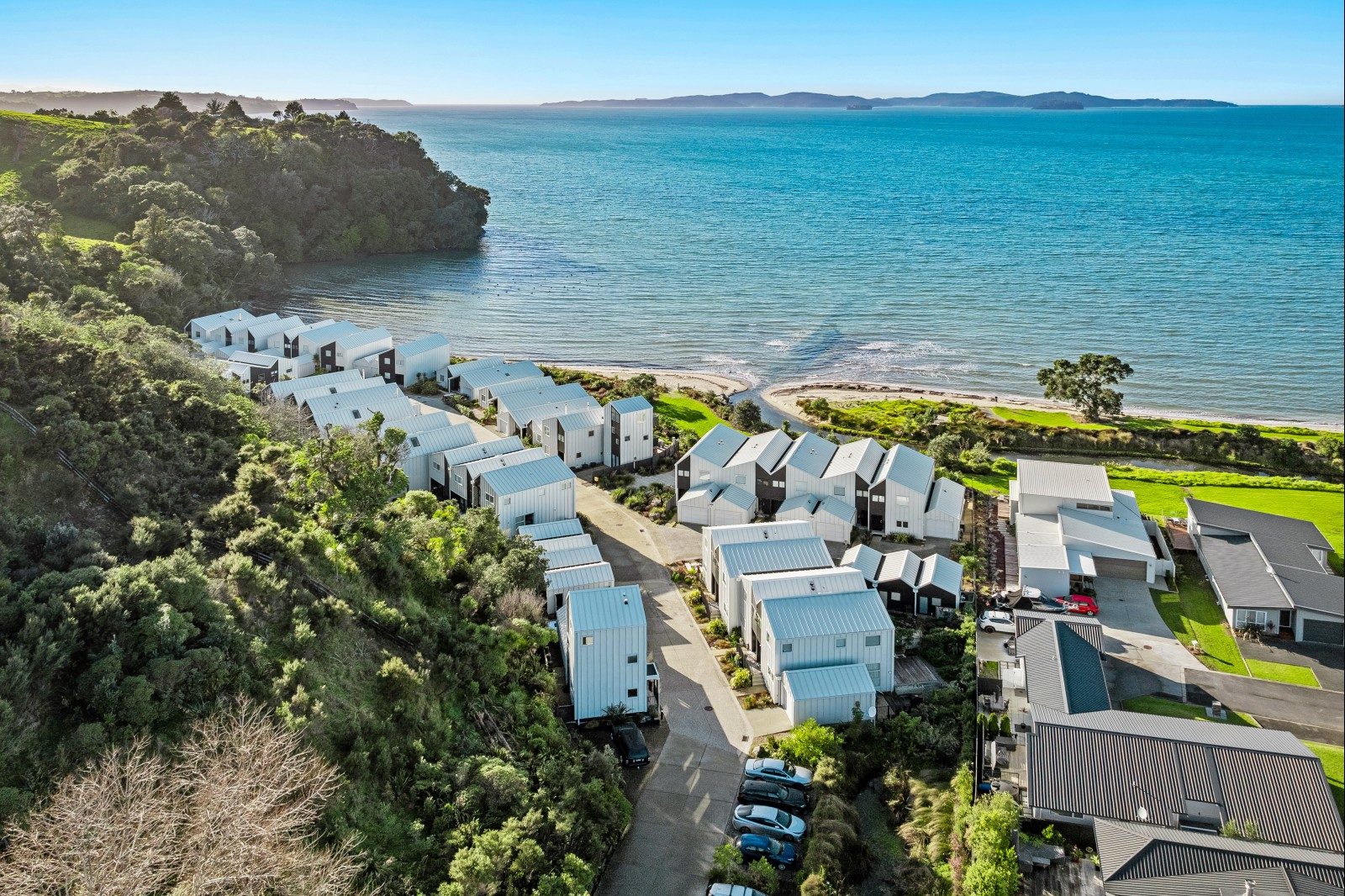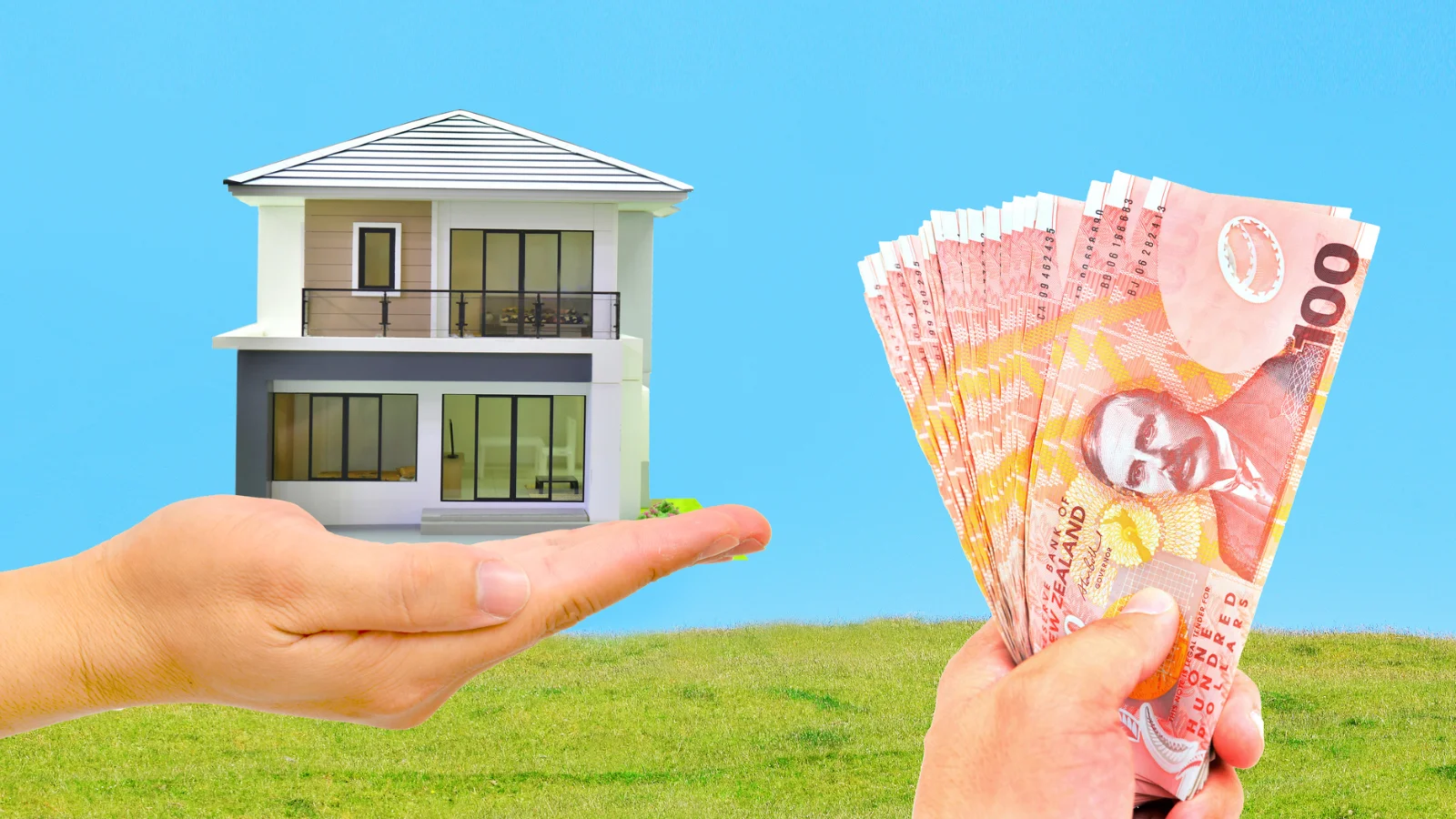Buying guide
What is a leasehold property in NZ? Everything you need to know
Owning a property via leasehold works a little differently than freehold. Here’s everything you need to know.

What does leasehold mean?
Is it safe to buy leasehold property?
The advantages of leasehold property
Auckland's Viaduct has a high concentration of leasehold apartments.
The risks and downsides of leasehold property
Freehold VS leasehold: Which is better?
For most people freehold property is the way to go.
In some rare cases leasehold homes may be ideal
Apartments in Auckland's CBD are often leasehold.
Everything you need to know before buying leasehold property
What happens when leasehold expires?
ALWAYS get expert advice from an experienced property lawyer before buying leasehold property
Author
Other articles you might like
